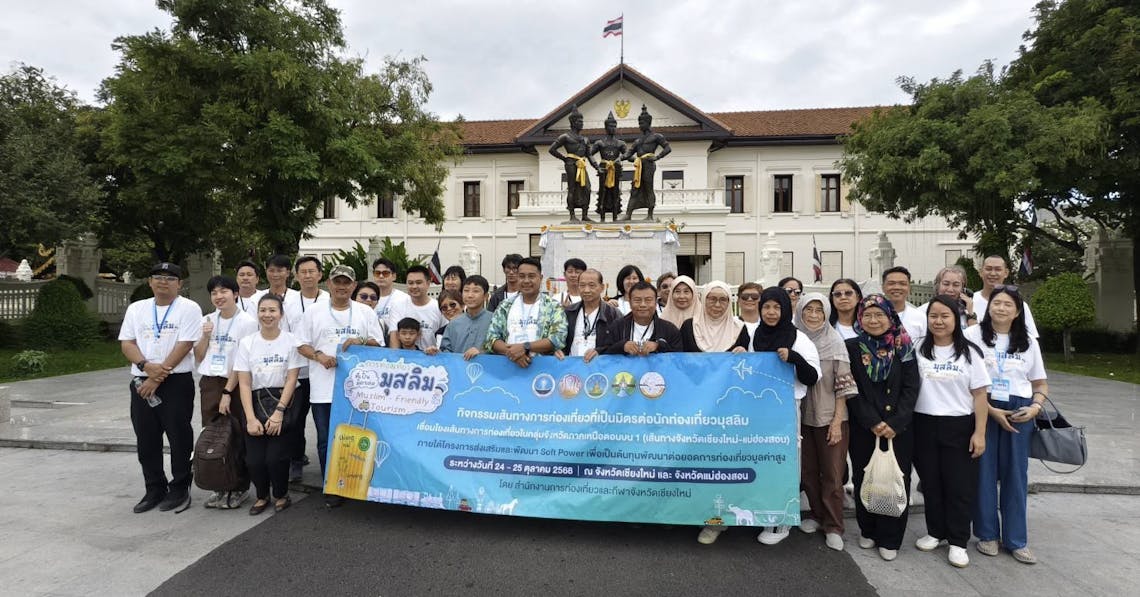As the cool and high season kicks off, visitors to Chiang Mai are invited to discover a side of the city that celebrates its cultural diversity through Muslim-friendly tourism routes.
According to Itthirat Sinarak, Director of the Chiang Mai Office of Tourism and Sports, “Chiang Mai has great potential to attract Muslim travellers. With nearly two billion Muslims worldwide, tapping into even a small portion of this market could position Muslim visitors as one of our key tourism segments.”
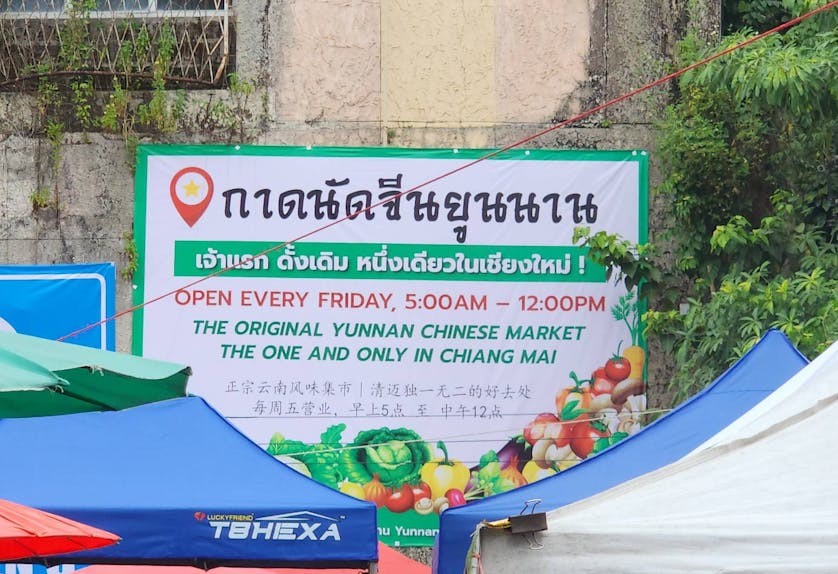
Yunnan Market (Kad Ban Hor): A Friday Cultural Gathering
The first stop on this route is the Yunnan Market, also known as Kad Ban Hor, held every Friday at the Plearn Market area on Chang Klan Road near the Night Bazaar (recently relocated to the right-hand side of the road).
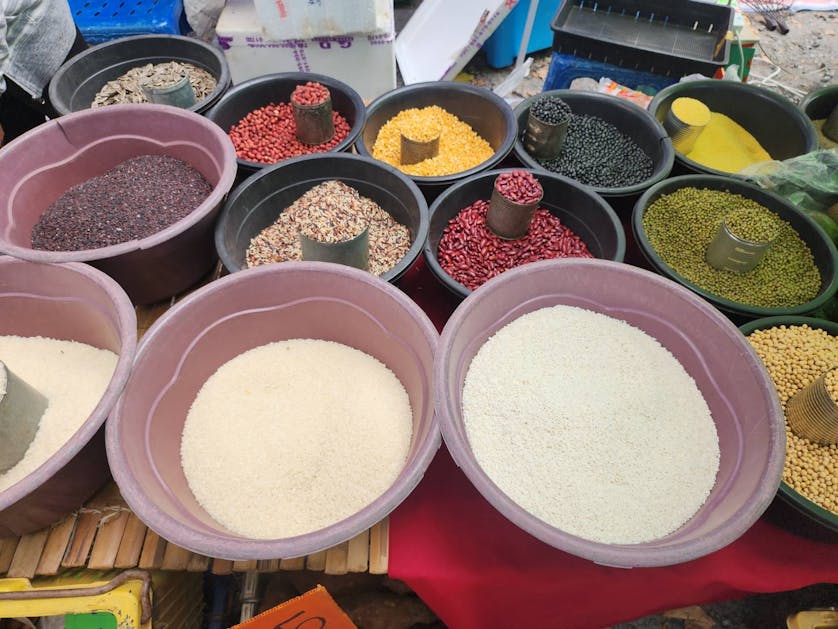
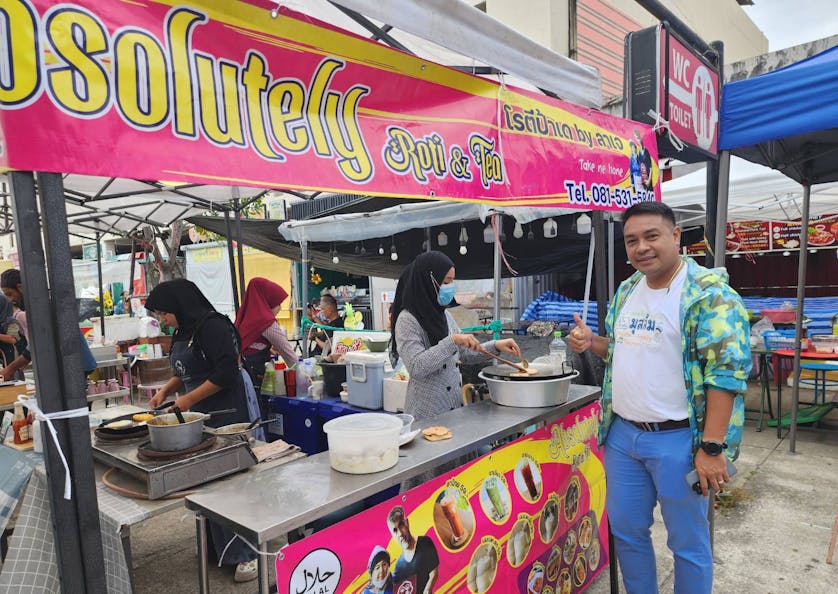
The Ban Hor community is home to Chinese Muslims of Yunnanese descent—known locally as Chin Hor—who migrated to Chiang Mai in the late 19th century. The market began as a gathering of Muslim residents attending Friday prayers, eventually evolving into a weekly community marketplace.
Today, the market reflects a vibrant blend of Yunnanese, Muslim, and Lanna-Thai cultures, offering local ingredients, traditional foods, and cultural products. It serves not only as a shopping venue but also as a living museum preserving the community’s heritage and culinary identity.
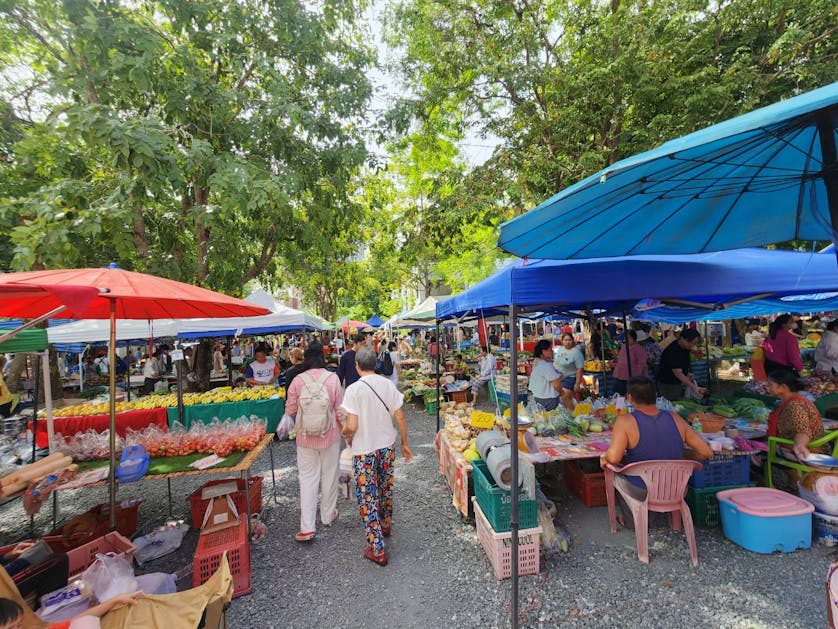
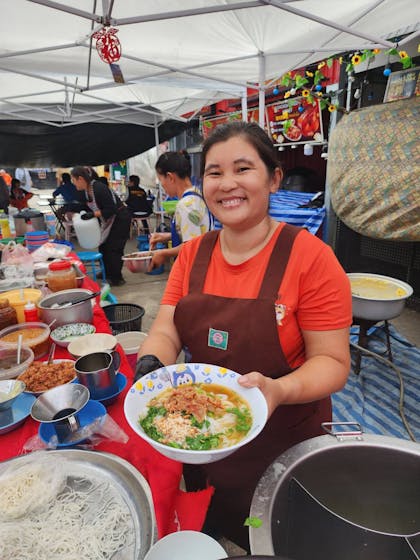
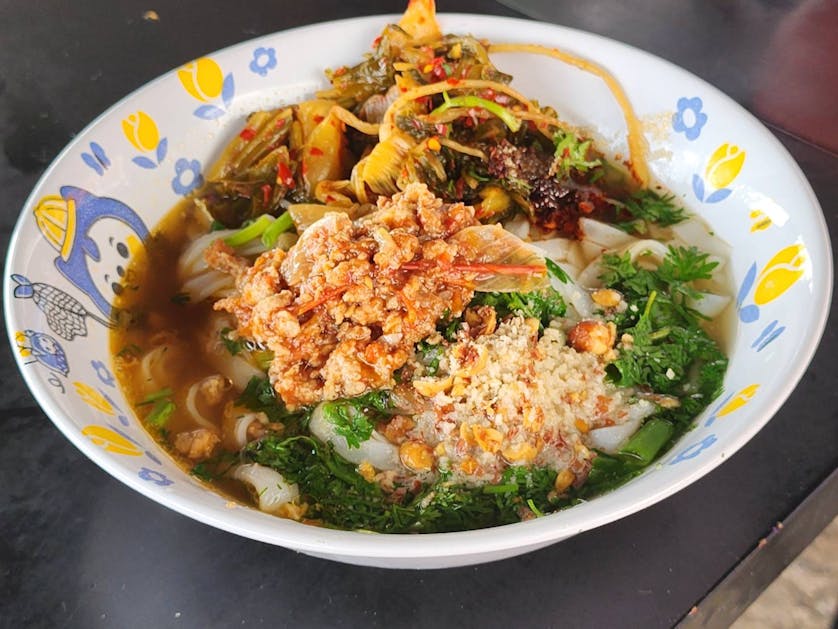
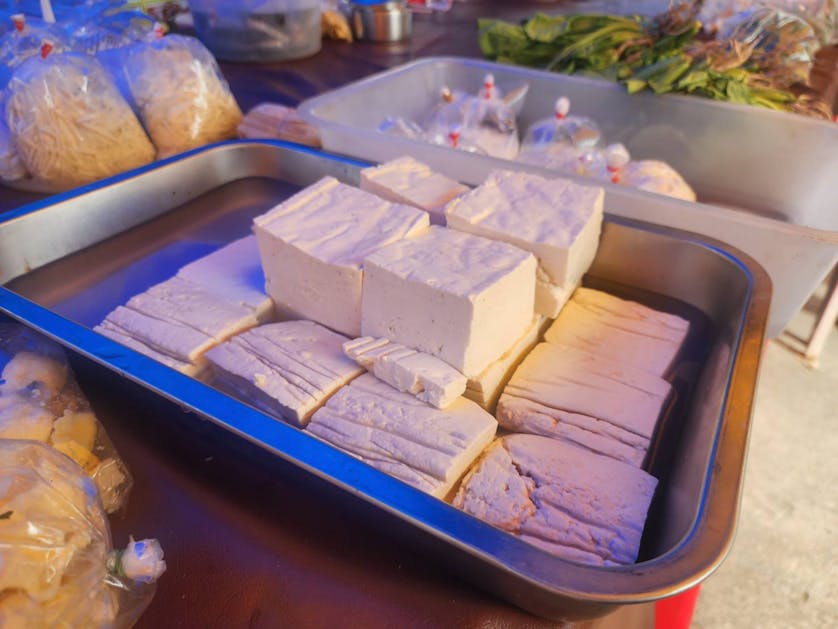
Chiang Mai City Arts & Cultural Center: Linking Past and Present
Just a short ride away lies the Chiang Mai City Arts & Cultural Center, housed in a beautifully restored colonial-era building that once served as the Chiang Mai Provincial Hall and Payanap Government Office.
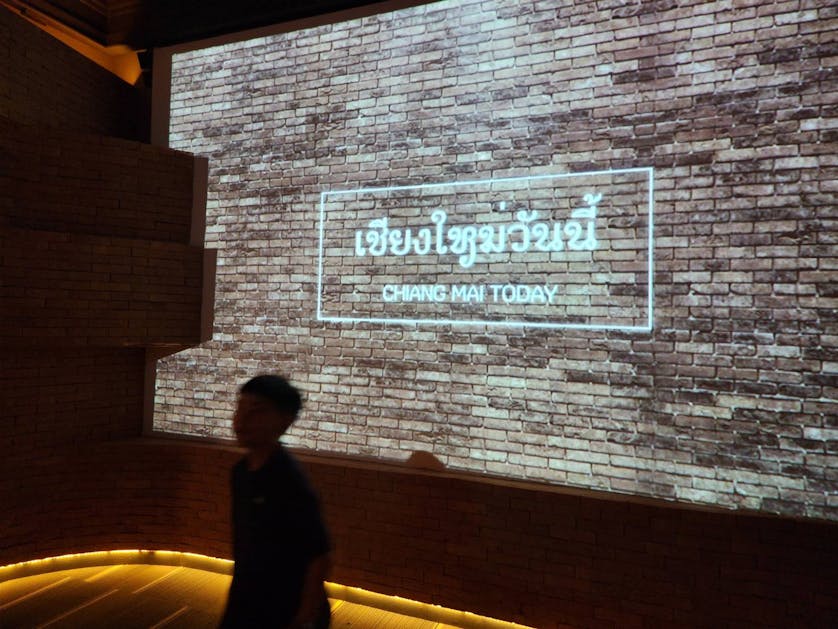
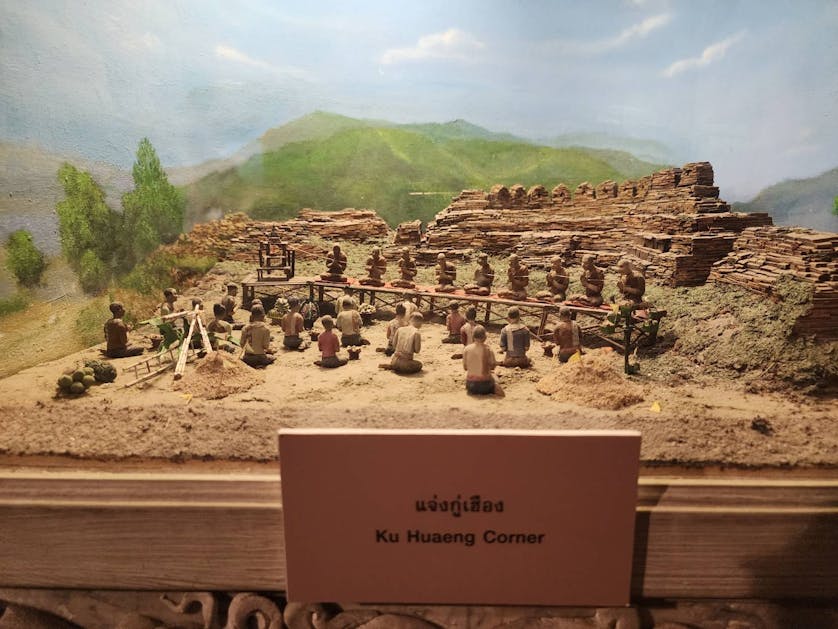
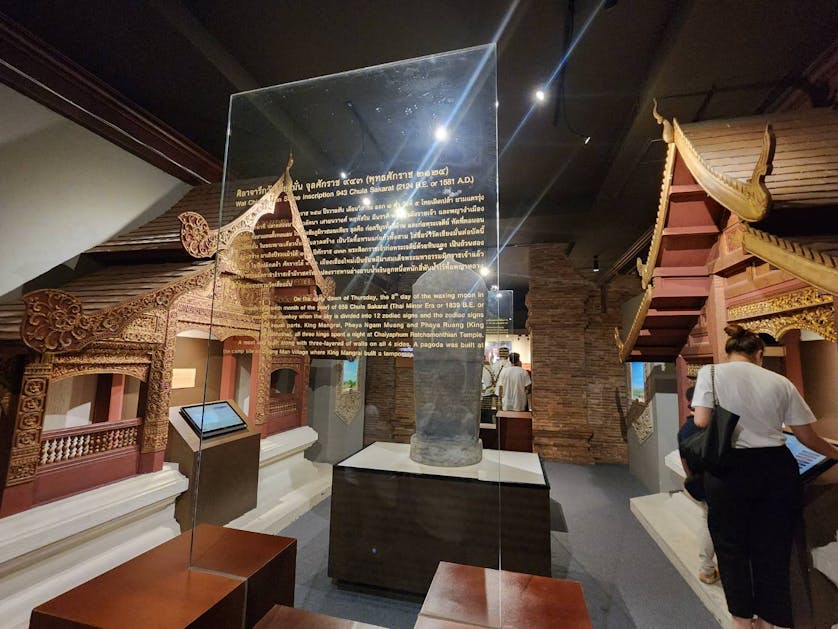
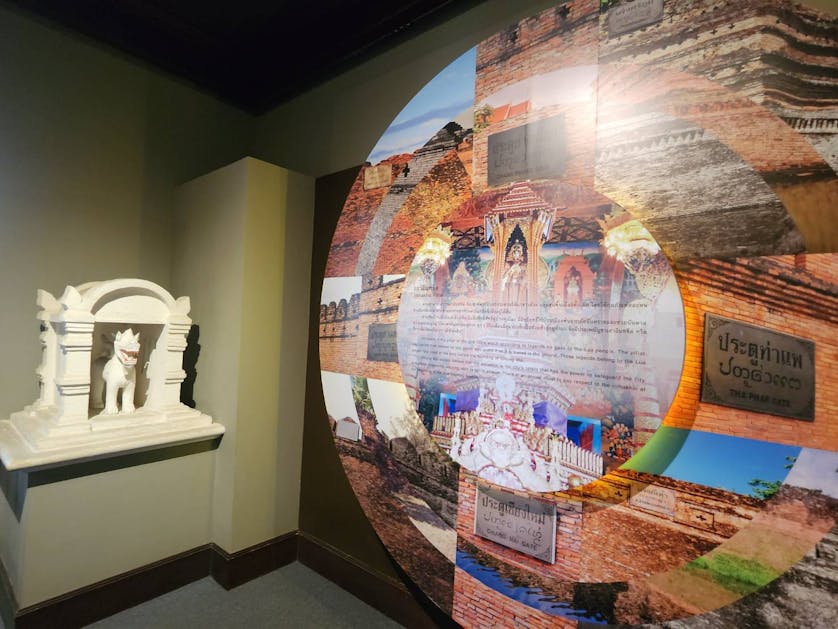
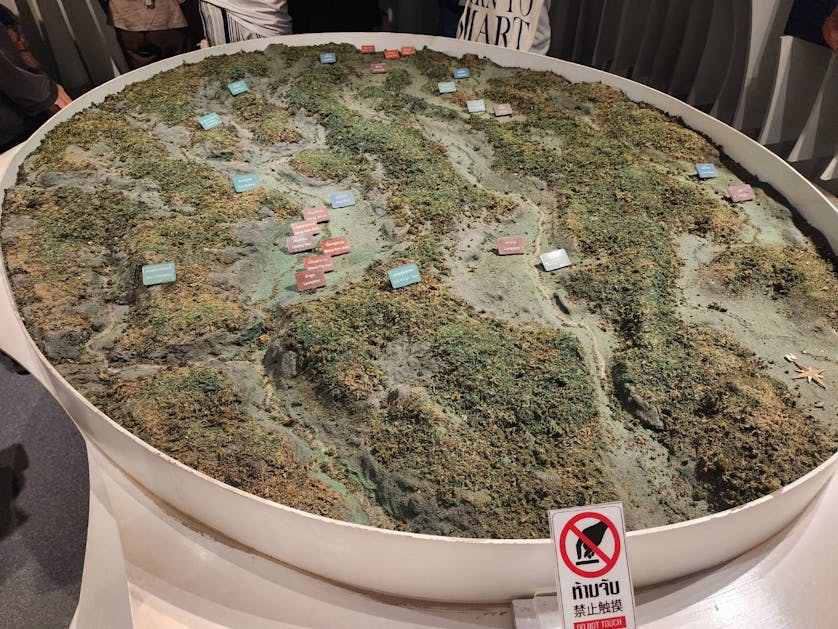
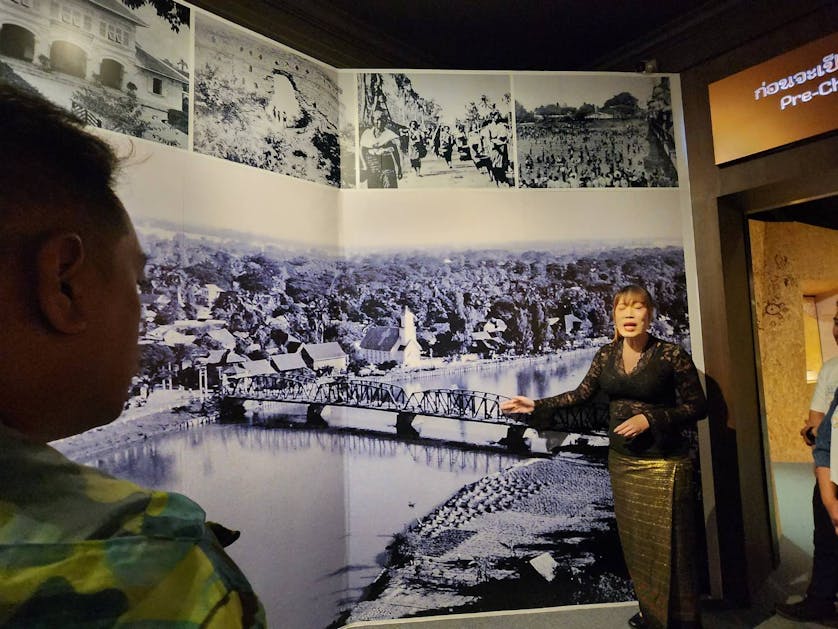
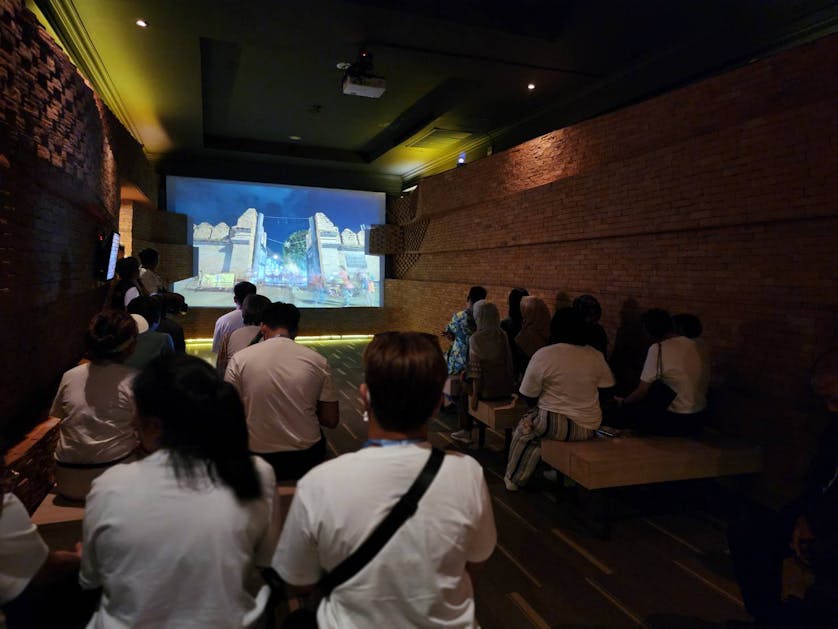
Now transformed into a museum, the center showcases Chiang Mai’s evolution through history, culture, and art. It stands as a bridge between the ancient and the modern, reflecting Western architectural influences merged with Lanna aesthetics—making it one of the city’s significant architectural landmarks.
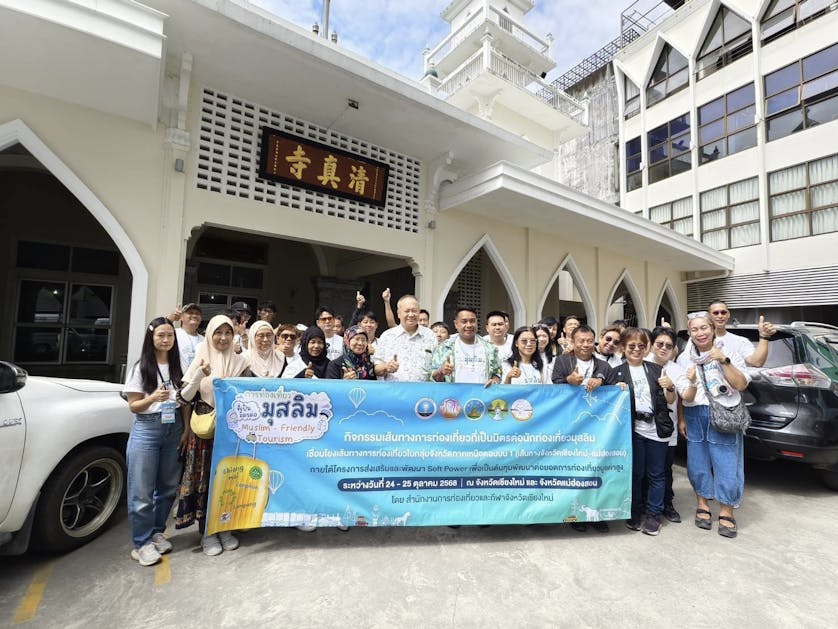
Hedayatul Islam Ban Hor Mosque: The Heart of the Yunnanese Muslim Community
Before lunch, stop by the Hedayatul Islam Ban Hor Mosque, the religious and cultural hub of the Yunnanese Muslim community in Chiang Mai. Located near the Yunnan Market, the mosque serves as a center for worship, Islamic education and community gatherings.
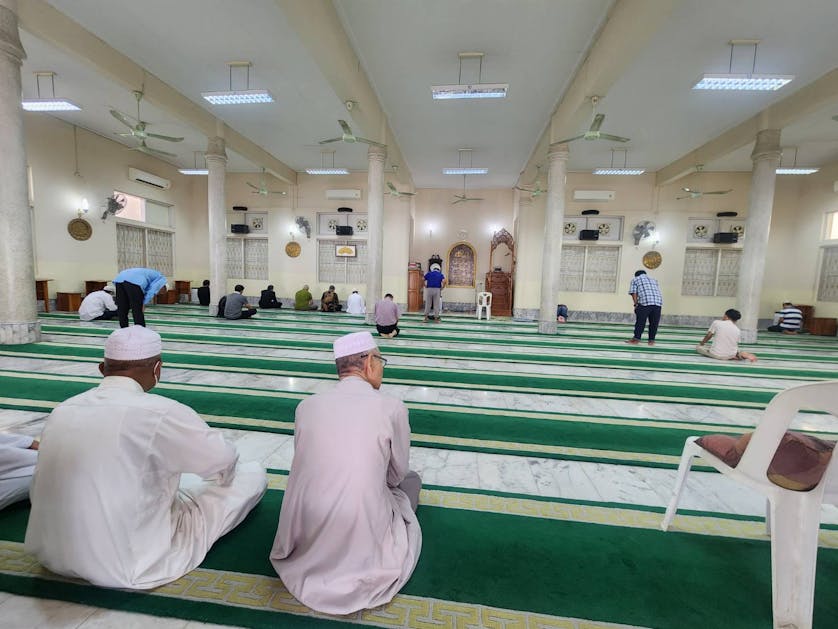
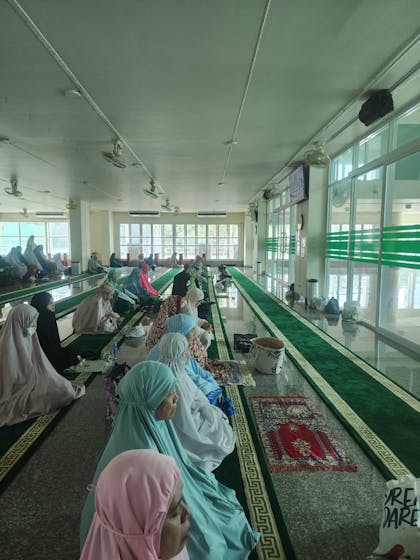
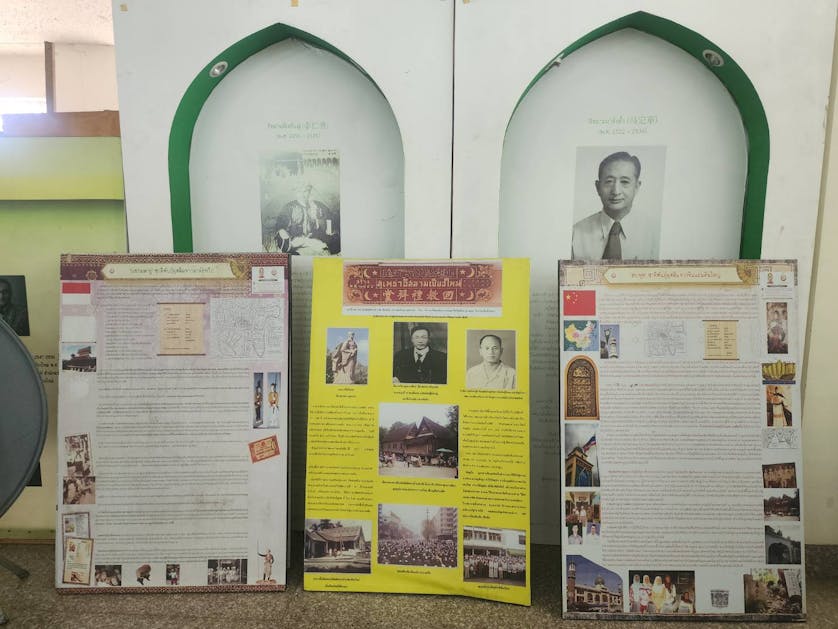
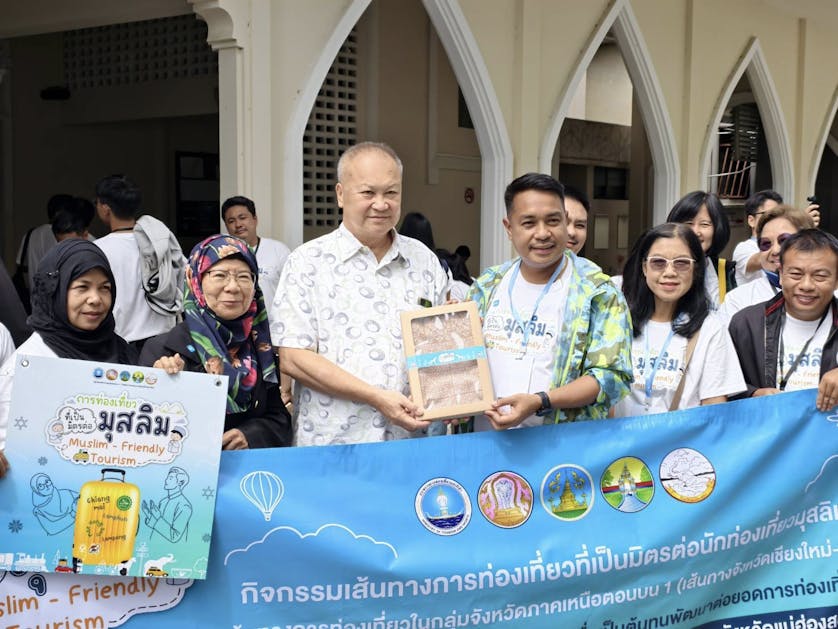
The mosque beautifully embodies the fusion of Yunnanese, Islamic, and Lanna influences, symbolising the peaceful coexistence of diverse cultural communities in Chiang Mai.
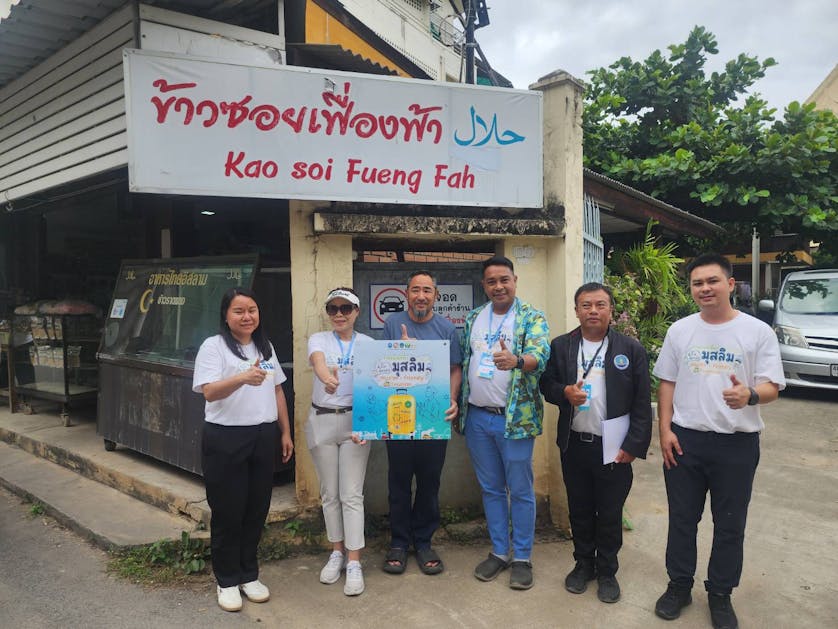
Khao Soi Islam: A Taste of Muslim-Chinese Heritage
A few steps from the mosque is the legendary Khao Soi Islam Restaurant, located on Charoen Prathet Soi 1. This long-established eatery, operating for over 40 years, is famous for its authentic Muslim-Yunnanese-style Khao Soi—Chiang Mai’s iconic curry noodle dish.
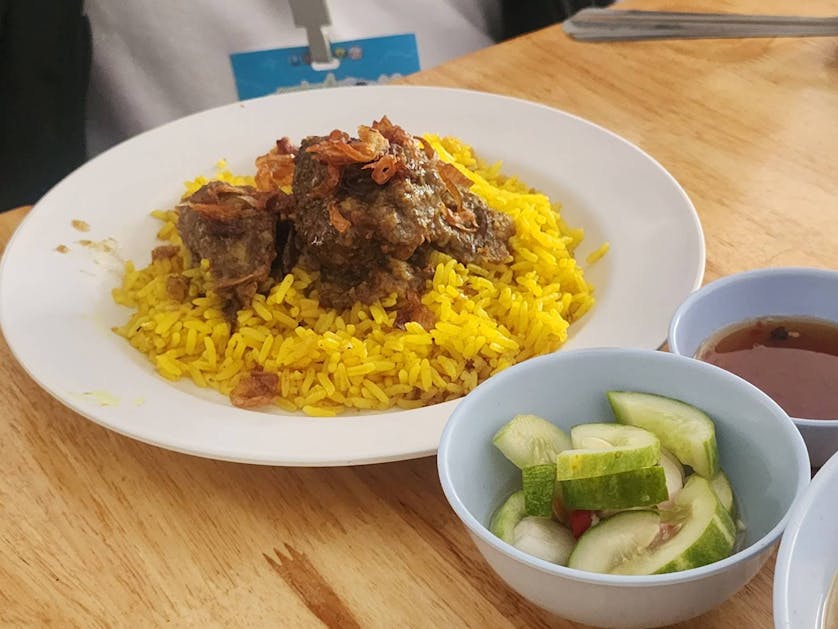
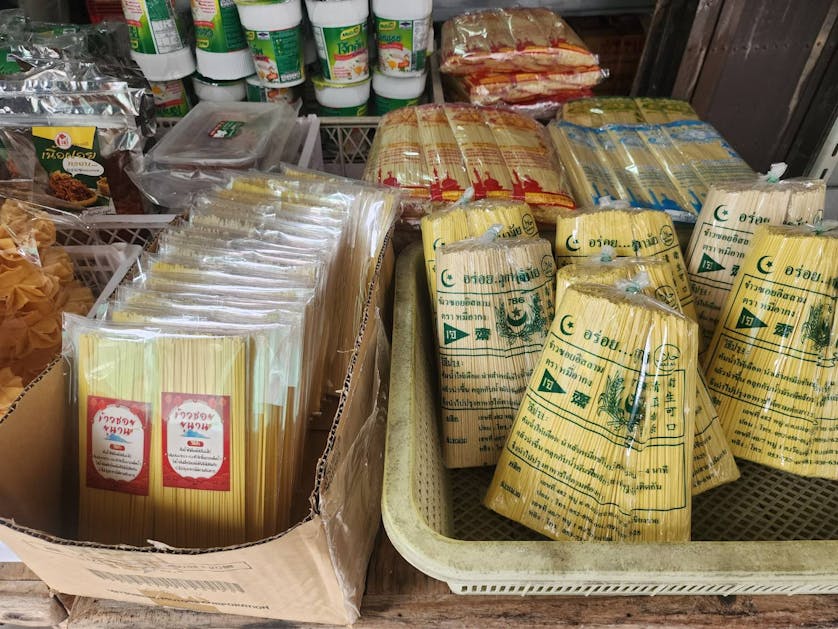
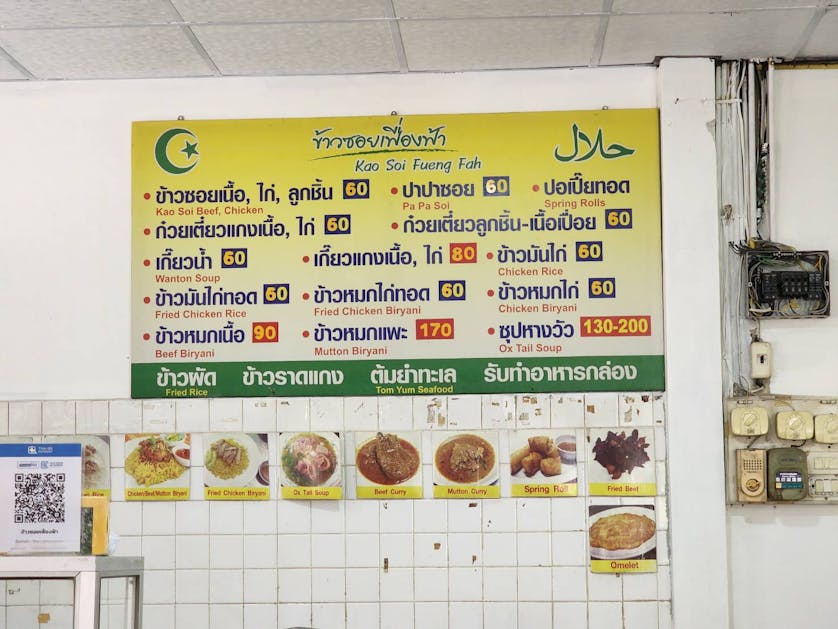
The restaurant’s signature lies in its soft, chewy noodles and rich yet balanced curry broth, distinct from the spicier Northern Thai versions. Nestled within the Yunnanese-Muslim neighbourhood, the restaurant offers a truly local experience connecting food, culture, and history. For culinary travellers, it is regarded as one of Chiang Mai’s “legendary” Khao Soi destinations.
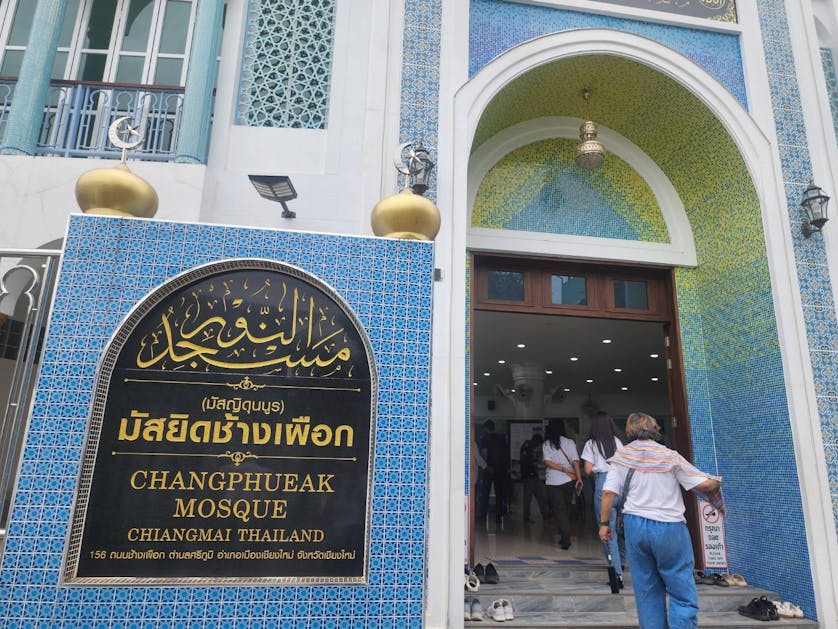
Durunbur Mosque (Chang Phueak Mosque): Faith and Heritage in the North
The journey concludes at the Durunbur Mosque, also known as the Chang Phueak Mosque, one of Chiang Mai’s oldest Muslim communities. Established over 150 years ago, the area has long been home to Muslims of Indian, Pakistani, and South Asian descent.
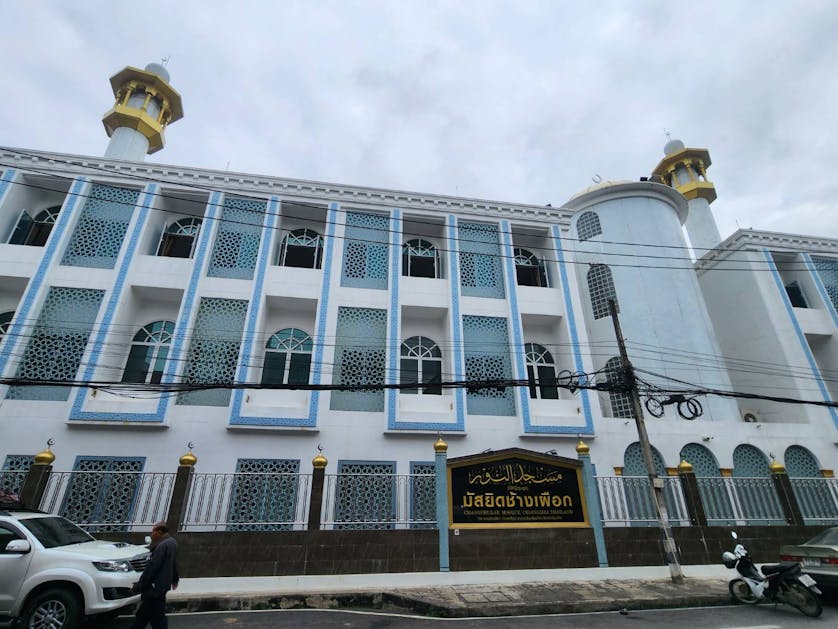
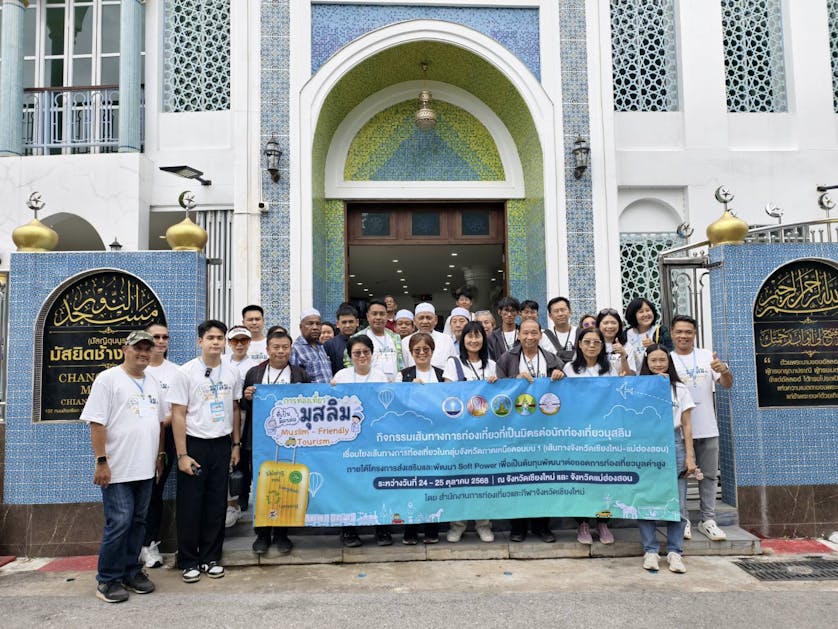
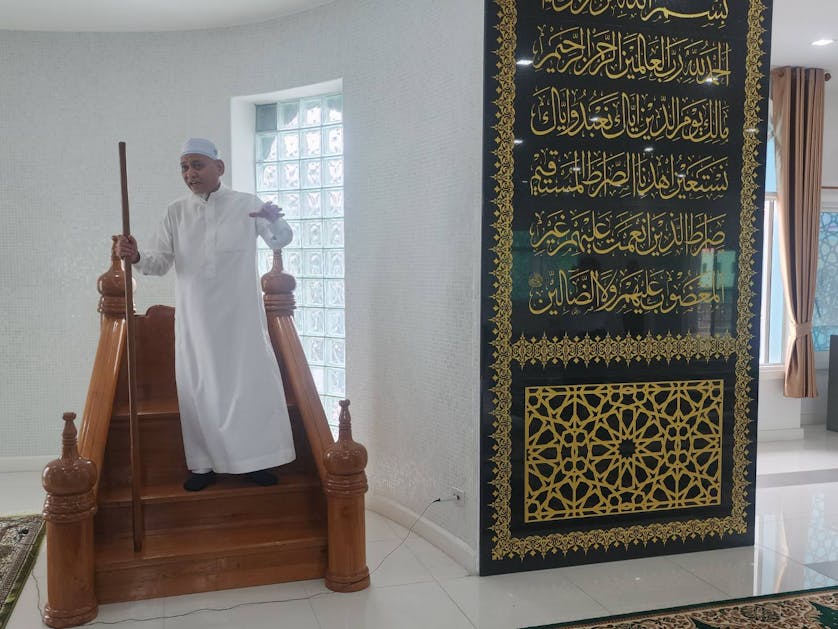
The mosque underwent a major renovation, with the new building inaugurated on 21st January 2024, marking its 150th anniversary. Today, it continues to serve as the spiritual and social center for the Muslim community in the Chang Phueak district.
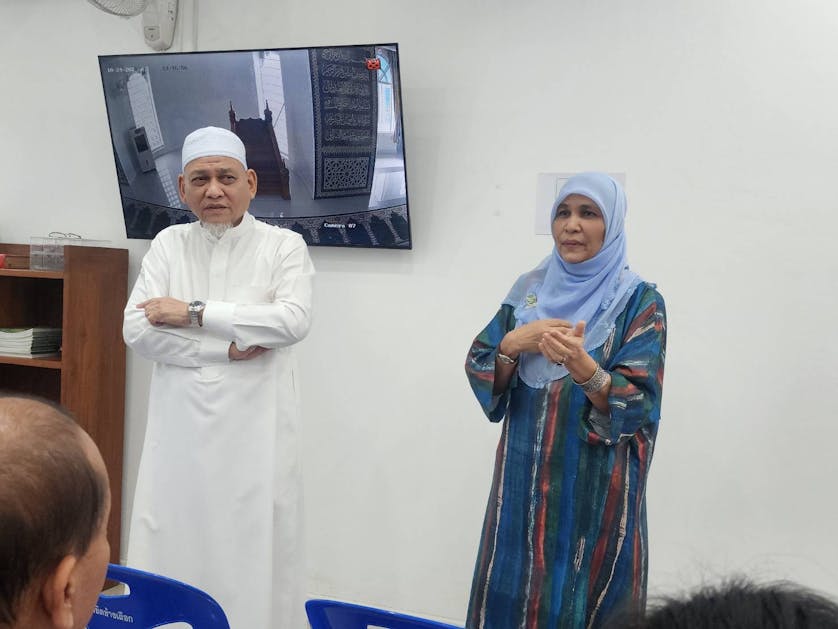
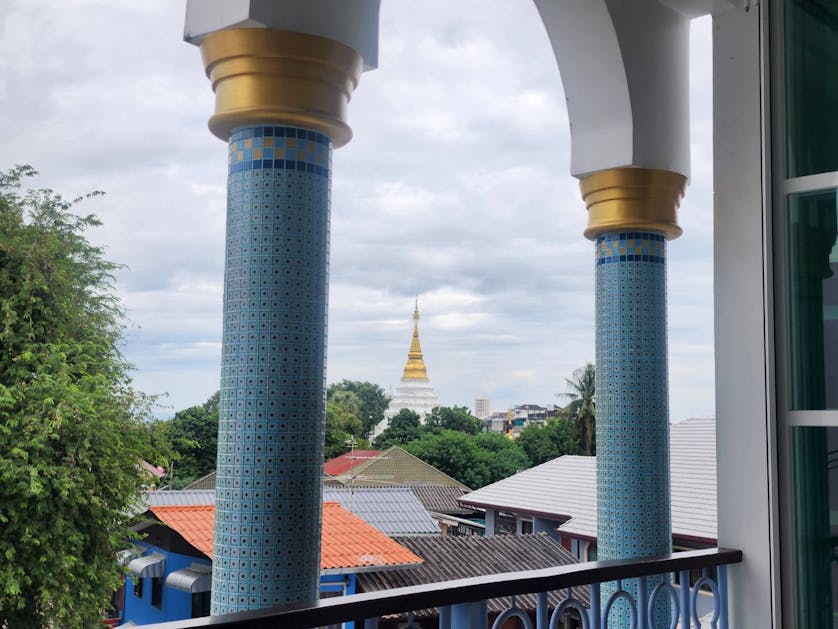
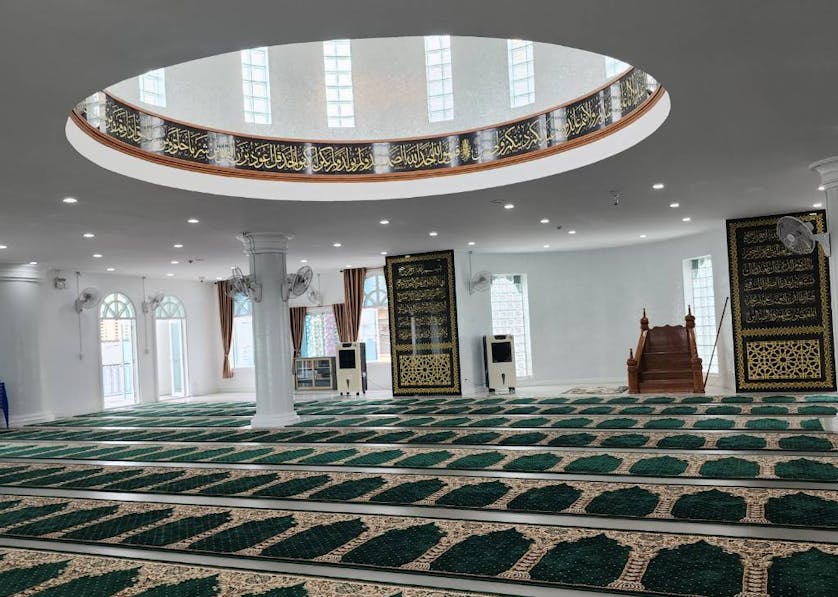
More than a religious site, the mosque stands as a symbol of unity and coexistence among Chiang Mai’s multicultural residents—showcasing the city’s spirit of diversity, harmony, and respect across faiths.
Chiang Mai’s Muslim-friendly tourism route offers a unique perspective into the city’s cultural richness—where traditions from Yunnan, Islam, and Lanna intertwine seamlessly. For visitors seeking meaningful travel experiences beyond the usual Northern Thai imagery, this route opens a window to the multicultural heart of Chiang Mai.
